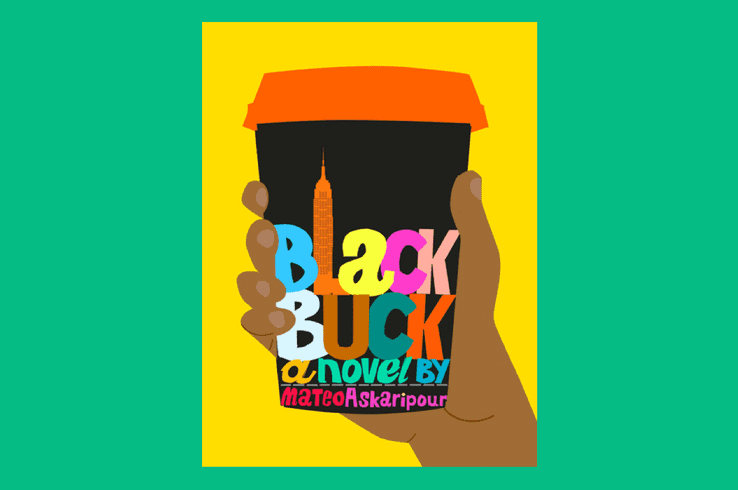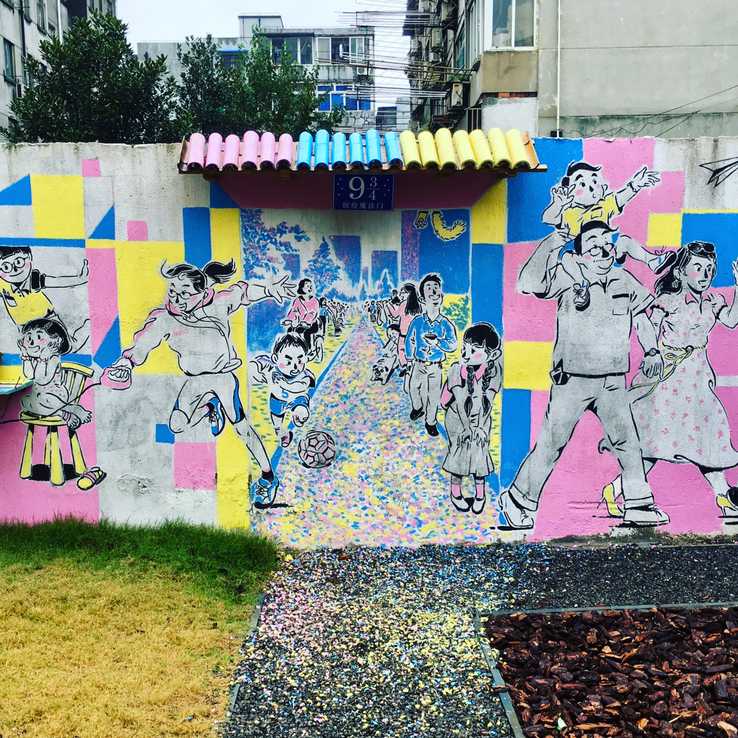Review: Black Buck by Mateo Askaripour
Mateo Askaripour’s satirical take on tech company culture hit home for this reader who works in tech. Written from the perspective of Darren (nicknamed Buck since he worked at Starbucks before starting at Sumwun) it recounts how tech’s culture can be unforgiving, cruel, and racist.
I identified with Buck’s introduction to Sumwun, especially when he looked up what the company does right before his first day. Askaripour pokes fun at tech’s self-aggrandizement because even after Googling Sumwun, it’s clear Buck has no clear idea what the company does. When it later becomes clear that Sumwun’s whole business model is connecting depressed Americans with unlicensed therapists from around the world, I chuckled out loud. However, in our incredibly tech-infused world I would be the furthest from surprised to find out someone had tried to start a similar company in real life.
From the minute Buck is “discovered” by Sumwun’s CEO while working as a Starbucks barista through this departure, racism permeates Buck’s experience. He is singled out in training while the white heiress sails through unscathed, faces a manager who is full of contempt for him solely because he is black, and asked to appear on TV with the CEO to improve the company’s “image.”
Much of what Buck experiences is cringeworthy, as good satire should be, but I was constantly reminded that Black Buck portrays events that are barely outside the realm of reality. Black Buck forces readers to grapple with the insidiousness of tech and racism all in one book. Buck changes as a person as he works longer days and begins to makes friends at his company. Soon his life is consumed by Sumwun and he forgets for days to see his mom or girlfriend.
I will note that my current company purchased Black Buck for me and organized a talk with Askaripour. There I heard about the author’s personal experience working as a salesperson in tech and his fluency with tech’s many acronyms (B2B, SaaS, BRD, etc.). For me, this drove home the main takeaways that I think Askaripour is getting at: a job in tech can be all consuming and it has a distinct problem with being unwelcoming and hostile for minorities.
Black Buck served as a reminder for me that these problems persist in my industry and that mountains of work remains to make tech the inclusive, meritocracy that it thinks it is.



